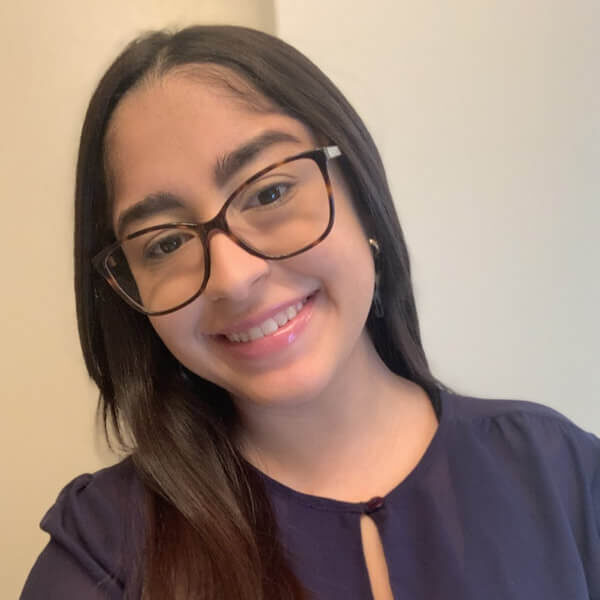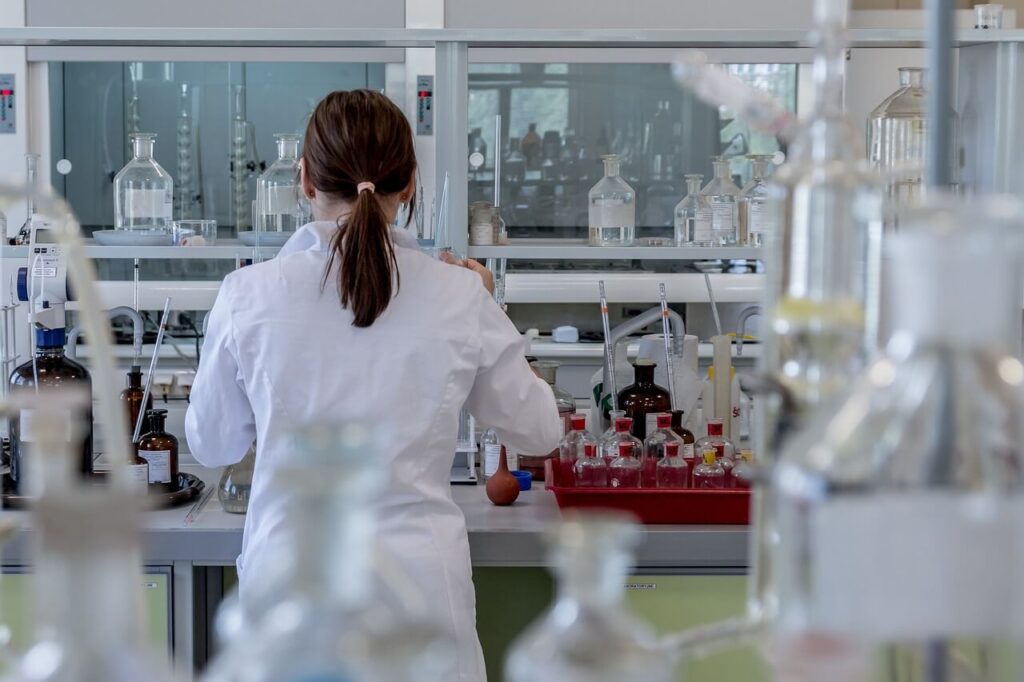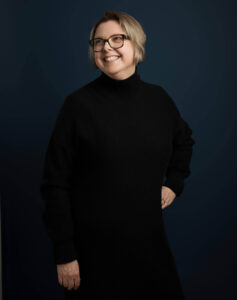When I first started undergrad in Puerto Rico in 2015, I wasn’t aware about PhD programs. To me, everyone who graduated from a Biomedical Sciences program and wanted to pursue a doctoral degree would go to med school. I first started undergrad as a Hispanic Literature major, and one of the required courses was a biology lab for non-biology majors. It was in this lab that I discovered my passion for microbiology. I changed majors immediately and five years later graduated from the University of Puerto Rico-Mayagüez with an Industrial Microbiology bachelor’s degree and a teaching certificate. My entire bachelor’s experience felt like a survival challenge.
During these five years I experienced strikes, hurricanes, earthquakes, power outages and the beginning of the COVID-19 pandemic, all while I was trying to complete my undergraduate education and make the most out of it. It wasn’t a surprise that I struggled with deciding what to do with my degree and my future. I’ve always been passionate about teaching and want to become a professor, but to do this I realized I needed more than just a bachelors.
The time to graduate was approaching, and I knew I wasn’t ready for grad school. I had a great GPA but didn’t have enough research experience. The idea of submerging myself into a PhD program was terrifying. I spent the summer of my fourth year of college at the University of Michigan in Ann Arbor. I worked in Dr. Benjamin Allen’s lab in the Cell and Developmental Biology Department, where I studied the role of Hedgehog signalling in pancreatic cancer. He was the first person to give me a chance, and for that I’ll be forever grateful. He was the first person to believe in me and my potential as a scientist. It got me out of my comfort zone and my microbiology niche, and it also enhanced my interest in research. I met Ben Allen in 2018 through a developmental biology short course at UofM called Developing Future Biologists. This program changed my life and the course of my career. I look back now and can’t imagine what I would be doing now if I hadn’t applied to that program. Besides learning about cool model organisms and development, I made connections that remain a special part of my life today. I also got to TA for the program a year later. But the most important thing was that I learned about Postbaccalaureate Research Education Programs (PREP).
PREP is a training program for underrepresented students who just graduated and are interested in pursuing a PhD or MD/PhD in Biomedical Sciences. The program usually lasts a year and is fully funded by the NIH. More than 30 institutions around the United States have an active PREP Program. PREP is useful for students with good academic standing who need more research experience and want to explore other areas of science before applying to graduate school. I decided to apply to some of the PREP programs at different institutions and was successfully selected for most of them.
In 2020 I joined the program at the University of Michigan. For one year I worked full-time in a research lab getting trained by a great mentor Dr. Vernon Carruthers in the Microbiology and Immunology Department. Not only did I learn about a new organism called Toxoplasma gondii, but I also went through some of the struggles that graduate students experience during their PhD. For example, struggling when experiments don’t work, and dealing with personal issues while focussing on research. My experience in PREP also helped me improve my communication skills and made me a more competitive applicant for the grad school application cycle.
Another perk of the PREP program is that you get plenty of guidance and feedback writing your graduate school application and preparing for interviews. Being part of a PREP program gives you fee waivers for some applications and if you work hard, a strong letter of recommendation from your PI. These programs are fully funded; therefore, students get paid and offered health insurance.
Finally, moving to a different place and meeting new people is an exciting adventure! I made great friends who are still a part of my life and I appreciate deeply. After I completed my year in PREP at UofM I started my new adventure in graduate school at the University of Wisconsin-Madison. I am currently a first year PhD student in the Microbiology Doctoral Training program and am being co-advised by Dr. Nancy Keller and Dr. Anna Huttenlocher. I study Aspergillus fumigatus infection using zebrafish as a model organism for disease.
I wouldn’t be here today if it wasn’t for PREP. It didn’t feel like a gap year, it felt like a training period to what the real graduate school experience is. I am more confident, resilient, and curious thanks to this experience. I didn’t make it the “traditional way”, but not everyone’s path is linear. I took a small detour, a non-traditional path, and here I am! I don’t know where the road will take me in the future, but I am excited and willing to go forward.
If you are interested in learning more about PREP programs around the US check out the NIH page: https://www.nigms.nih.gov/training/PREP/pages/PartInstPREP.aspx.
And as my former PI Vern would say: “Go forth and discover!”






